
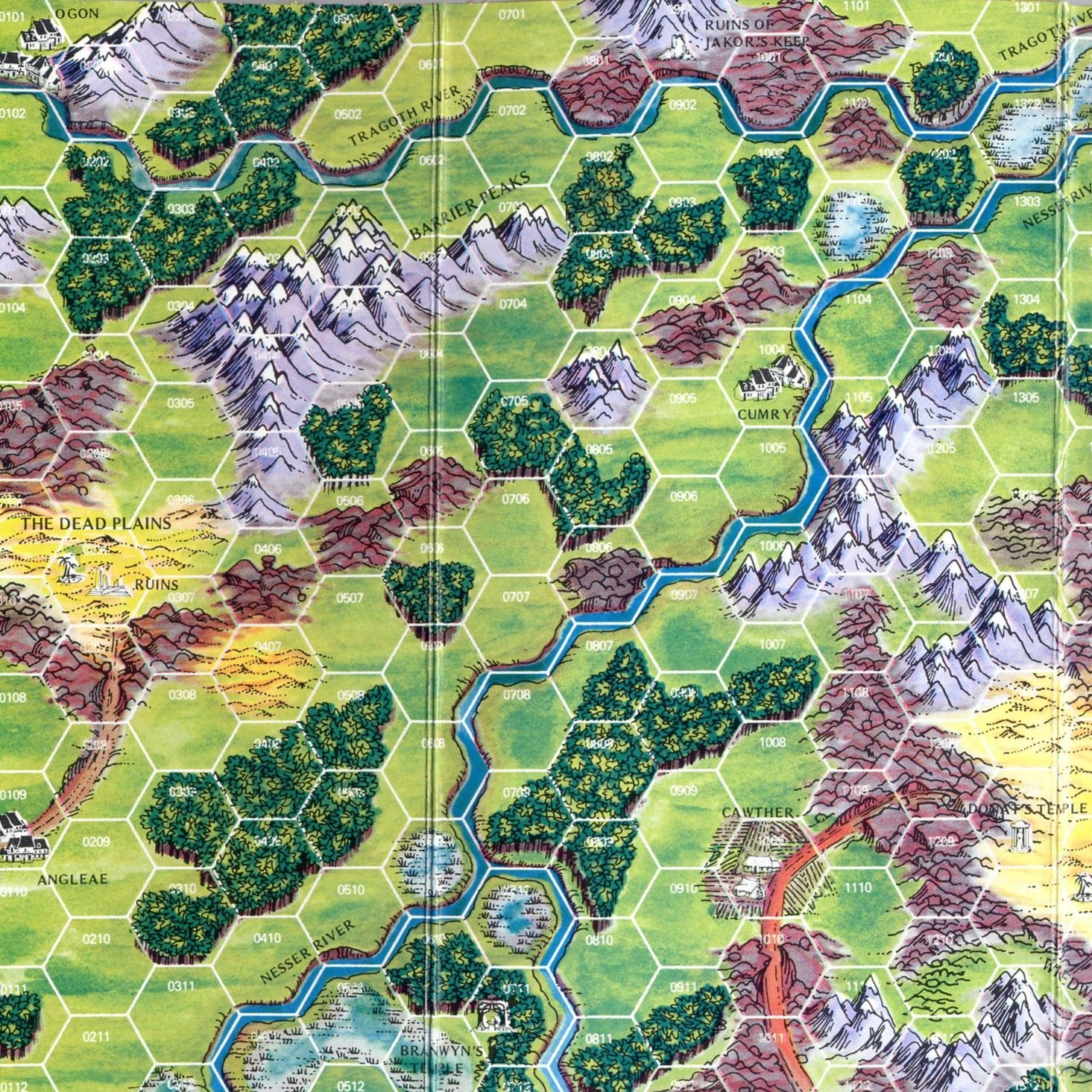
Hexcrawl Checklist: Part One
The first part in a comprehensive guide for designing and running your own hexcrawl campaign.
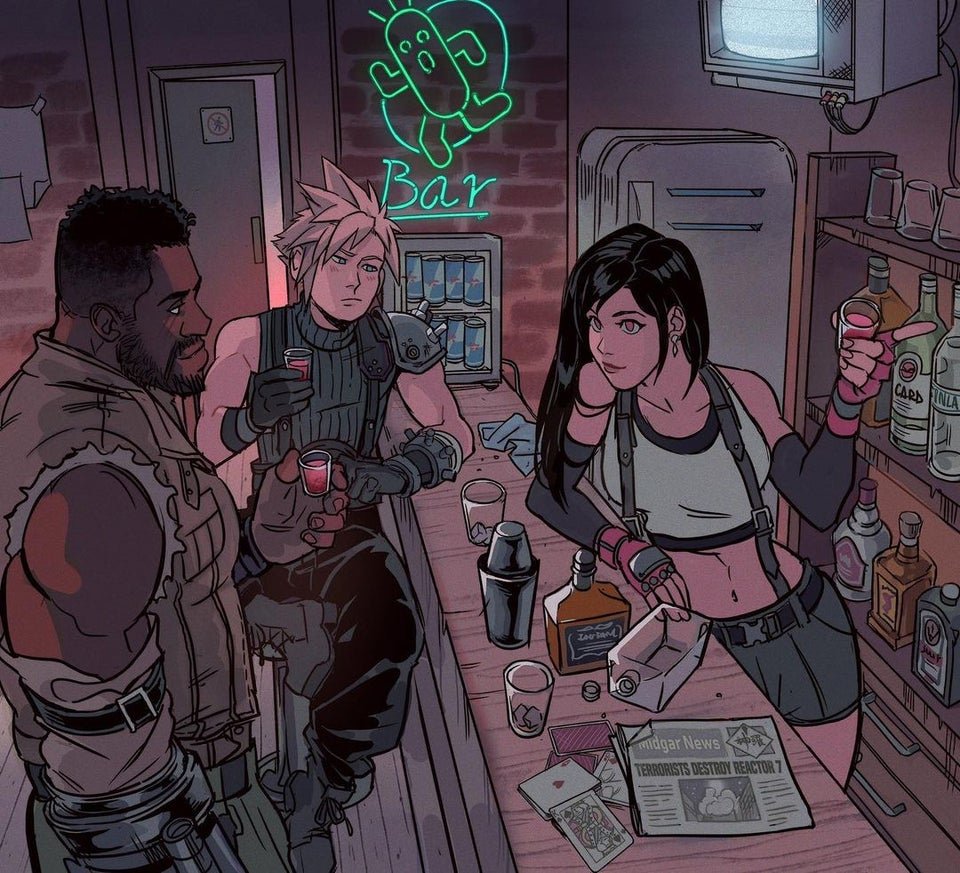
Your Taverns Need a Procedure
I propose a procedure for running TTRPG taverns less like a beginner’s improv class and more like the Mos Eisley Cantina. I also briefly describe the trend of “proceduralism” in the OSR and Post-OSR.
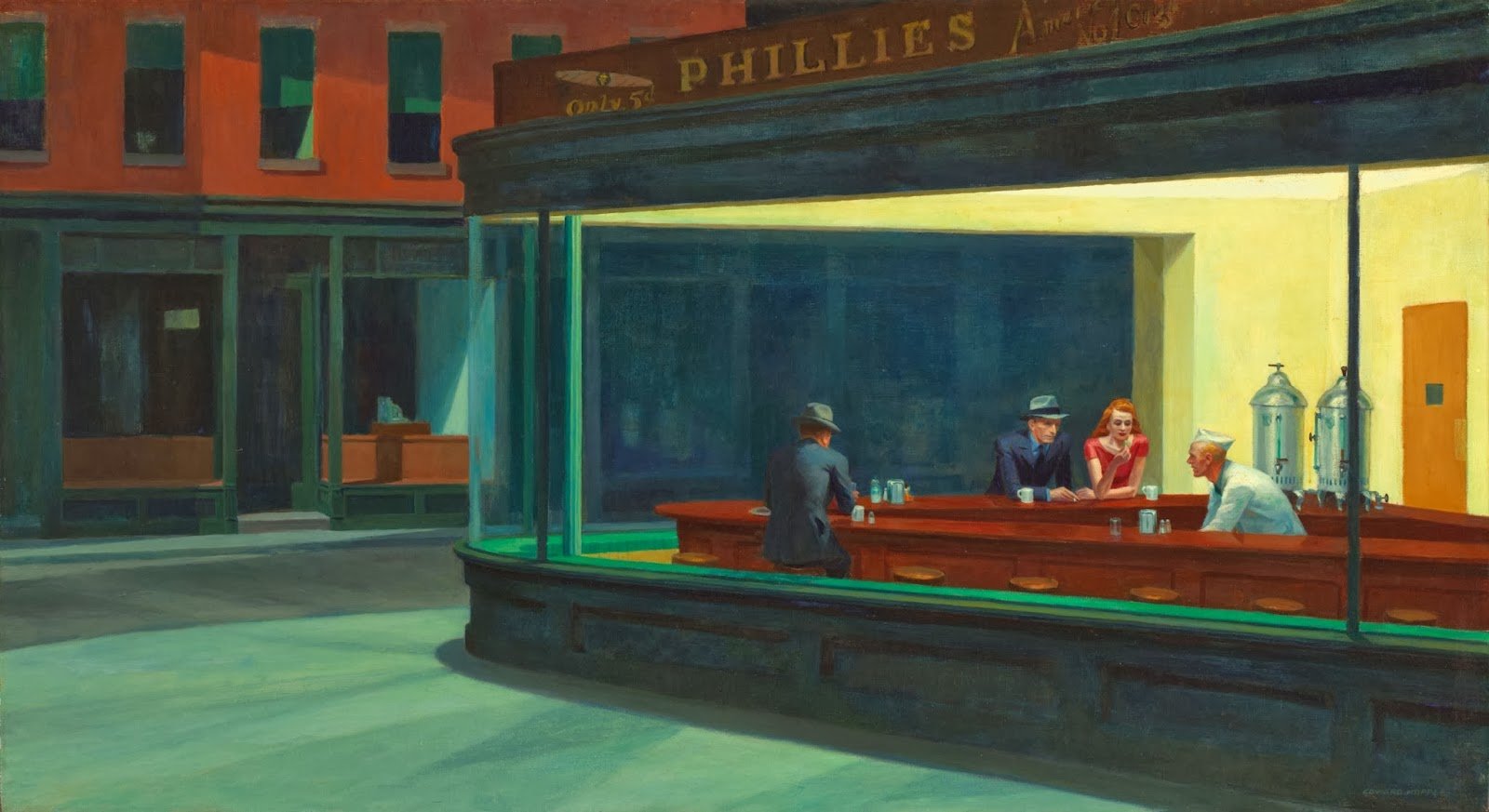
The Secret to Realism in Games
People often ask for realism in their games but have difficulty articulating what it is they really want. If realism is understood as a world that reacts to player-character actions in a logical and consistent way, it enhances the verisimilitude of the fiction and the player agency in the game.

The Basic Procedure of the OSR
Most OSR and Post-OSR games run on a core, often unspoken procedure of questions and answers. This post interrogates ways this is similar (and dissimilar) from story games and synthesizes the approach.

The Keep on the Borderlands is Full of Lies
The Keep on the Borderlands is not what it seems. This reinterpretation of a classic module presents a more vibrant world, ripe for player choice.

Apolitical RPGs Do Not Exist
An brief exploration of why games are political by their very nature.
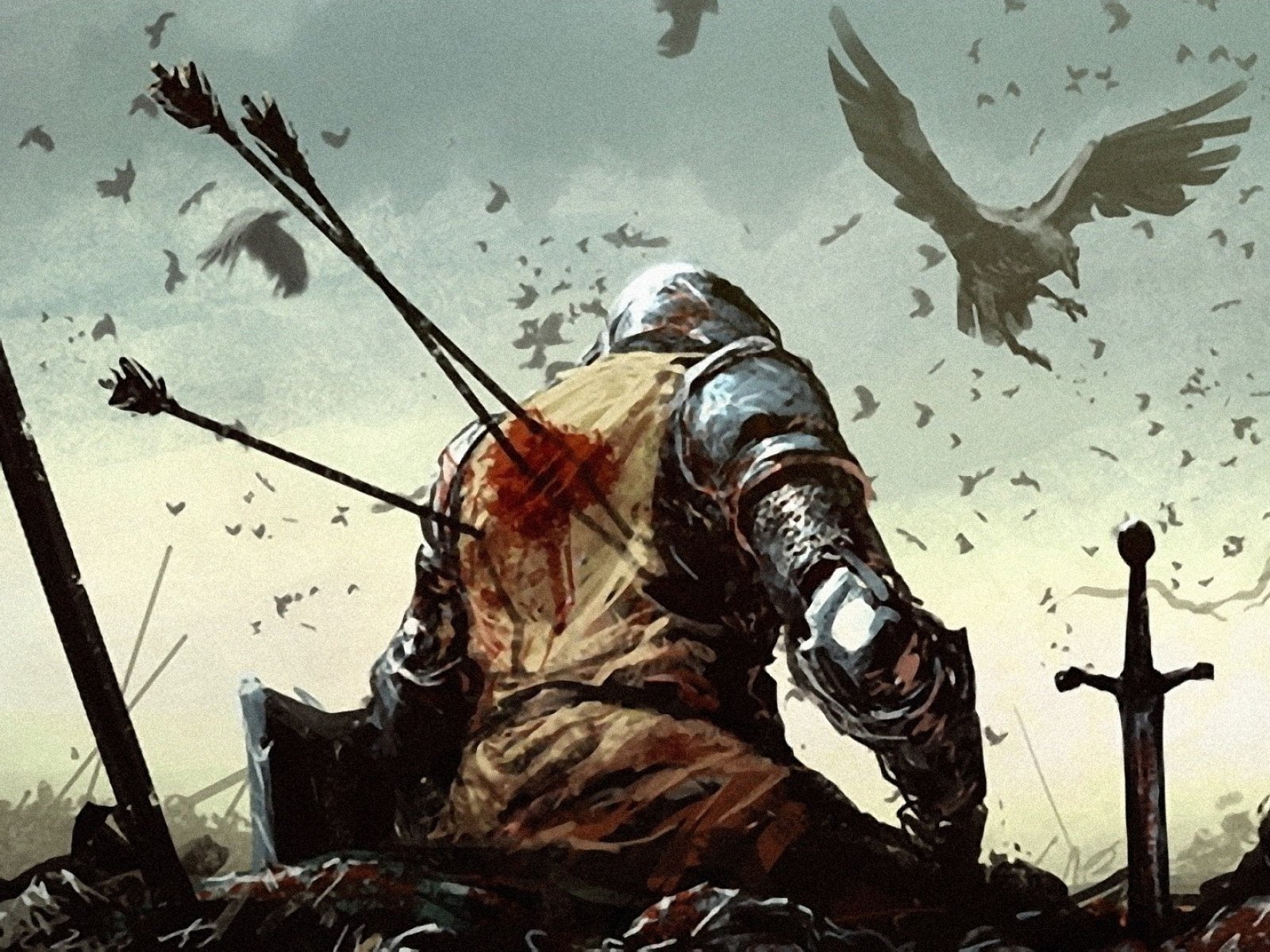
A Better Approach to Deadly Games
Don’t let character death slow down your games. If you want to run a deadly game, you do not need to make it easier to die. To run a deadly game, make it easier to live.

Spell Lists Are Not Magical
Why do magic-users pick spells like they are ordering from a menu? An evaluation for alternate systems of picking spells to evoke the awe and wonder befitting magic.
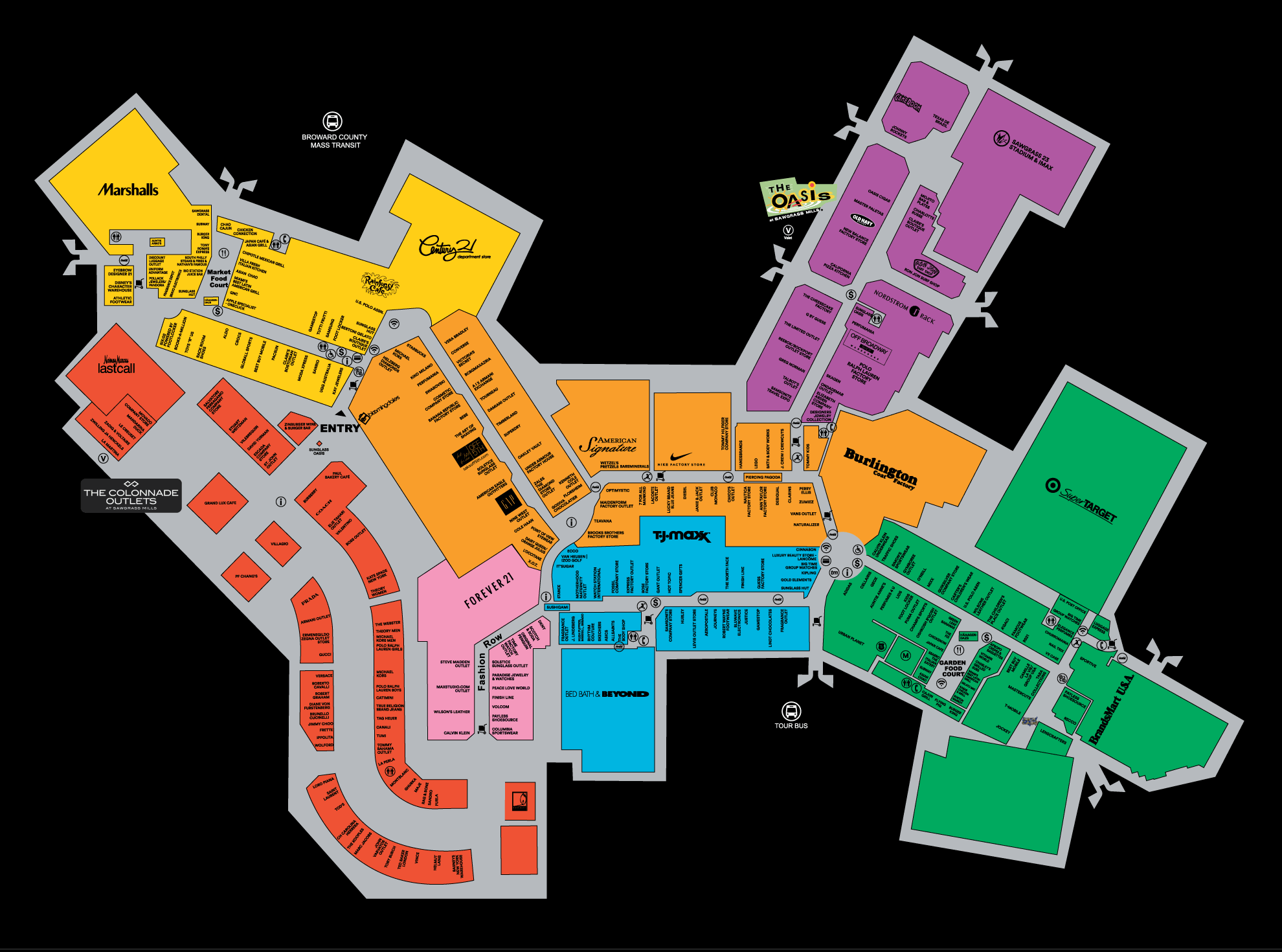
Megadungeon Malls & Collaborative Caverns
Advice for sparking ideas for building megadungeons, from mall maps to a collaborative dungeon design procedure.
